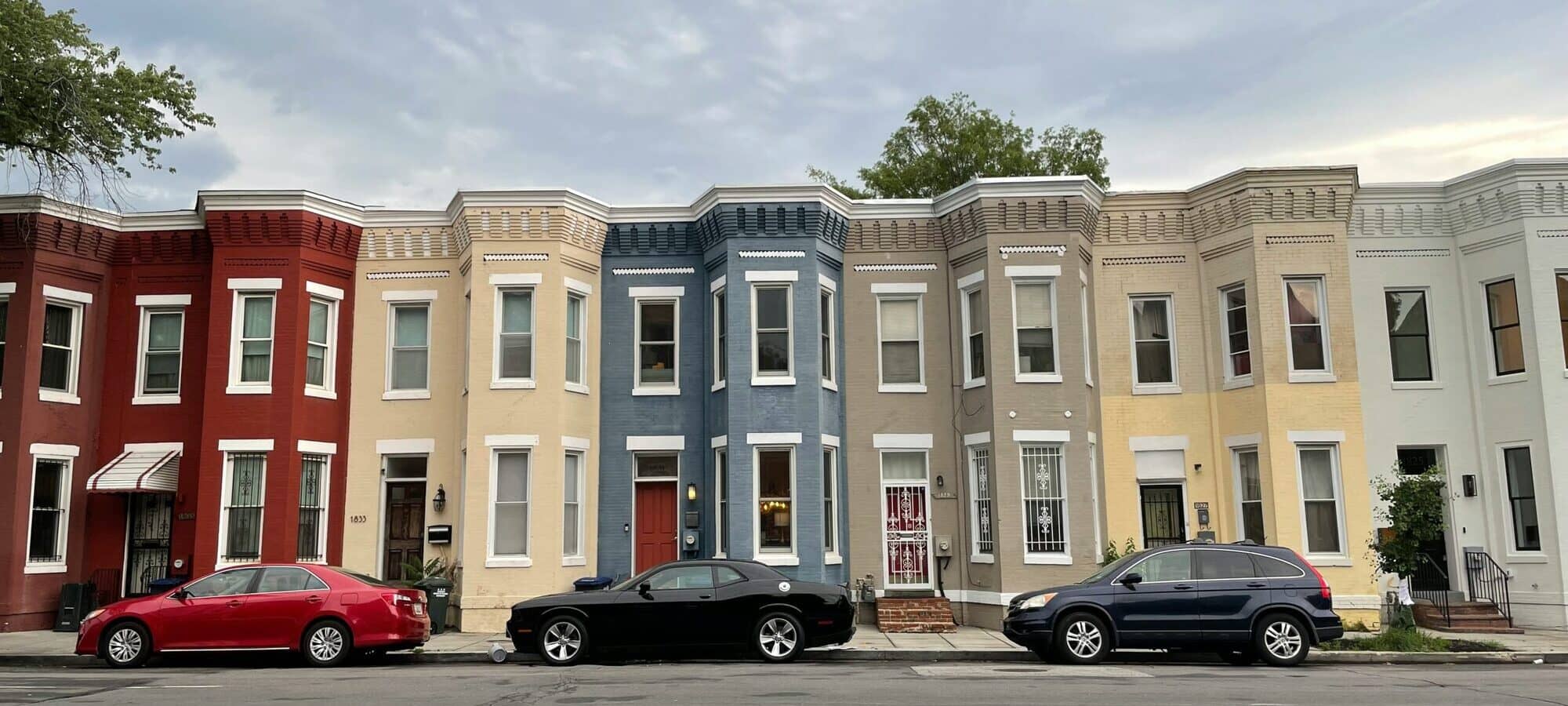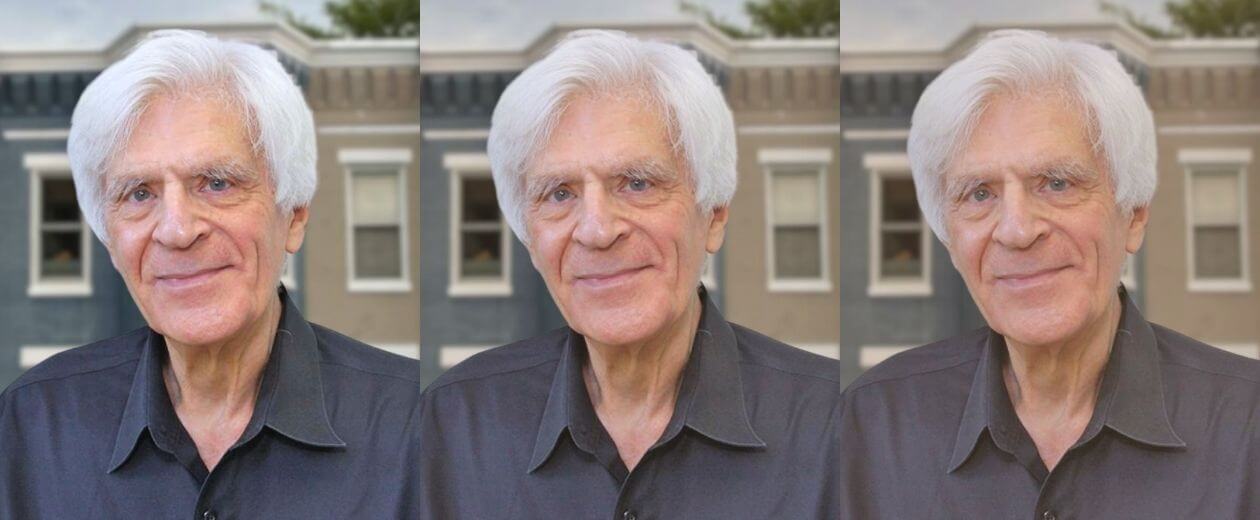When I think of my country, I think of democracy and independence. Which are hardly adventurous thoughts, especially now, with democracy threatened, and so much needed, before our democracy includes everyone.
But if I talk about American music, then democracy and independence have new meaning. Independence? We brought new music to the world, completely ours, sprung loose from old traditions.
Democracy? Our new music was created by the disenfranchised — Black and working class Americans, making music in their own new ways.
To celebrate that, here are five examples — Americans making new music, who bring to life what I’m talking about.
I’ll note, by the way, that I’ve left out jazz and blues! Which of course are clear and powerful demonstrations of my point, maybe the very clearest and most powerful.
But who doesn’t know about them? I thought I’d get more granular, with these choices:
- Sam Phillips.
In Memphis, you can visit his two-room recording studio. Where in the 1950s he was the first ever to record — hold your breath, now! — Elvis, Johnny Cash, Roy Orbison, B.B. King, Ike Turner, Carl Perkins, Jerry Lee Lewis, and many others, including the powerful bluesman Howlin’ Wolf. No one did more to bring the new, democratic music— Black and working-class — to a wider audience. And a personal distinction: He was a Southern White man without a racist bone in his body.
- Charles Ives.
The democracy of dissonance! While the European classical avant-garde, early in the 20th century, thought dissonant sounds were an elite evolution of classical harmony, to Ives — in America’s avant-garde — dissonance was glorious noise. The sound of America’s democratic masses! And unlike the Europeans, he loved down-home music, church hymns and marching bands. A great man, American to the core.
- John Cage.
No, Cage wasn’t a composer, said someone far more traditional; he was just an inventor, though, to be fair, an inventor of genius. But what else is American music, if it’s not an explosive invention — many inventions — that shook the world? Cage got us listening to silence, to the sounds that happen by themselves, without the imposition of our own self-will. And when, newly famous abroad, he met composers in Europe and Japan, he got them listening to their own work, their own traditions, as they’d never listened before.
- The creators of hiphop.
Hiphop, of course. It’s everywhere, ubiquitous, a multi-billion dollar industry. And the technology! The sampling, the videos. But when it started, none of that. Just Black kids in the devastated South Bronx, rhyming, and, for music, nothing but a DJ with two turntables, a mixer, and two copies of a 12-inch single. Find a beat you like on the single, drop the needle on it, while it plays cue up the same beat on the second turntable (knowing just where it is in the record’s grooves). When the beat finishes, switch the mixer to play turntable 2, drop the needle. And keep the beat going without a glitch, without hiccup, as smoothly as if the music was live. A new kind of virtuosity, unheard of, nothing like it ever before, invented by kids in a devastated hood. Nothing could be more American.
- Billie Eilish.
Yeah, yeah, a big pop star. How new is that, how democratic? But pop music, ever since rock & roll, has been open to people going their own way. Which is just what Eilish and her brother Finneas did when they were kids, making music at home — strange, unique music — and putting it online, with no thought that many people would listen. But people did listen, and in this there’s a lesson. Even in corporate America, democracy (at least in music) still lives. You can come from nowhere, and succeed, making music exactly as you like.
– Greg Sandow

